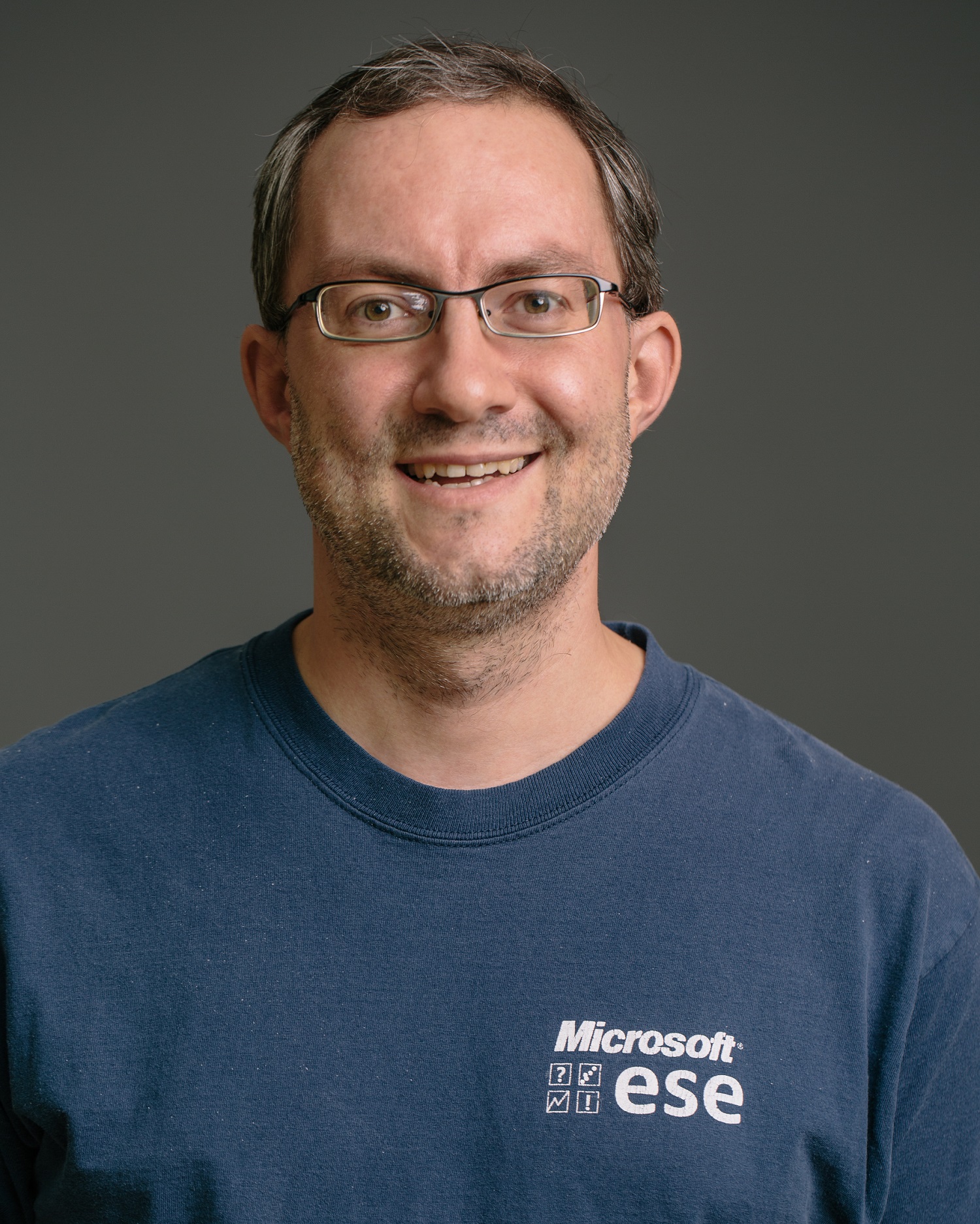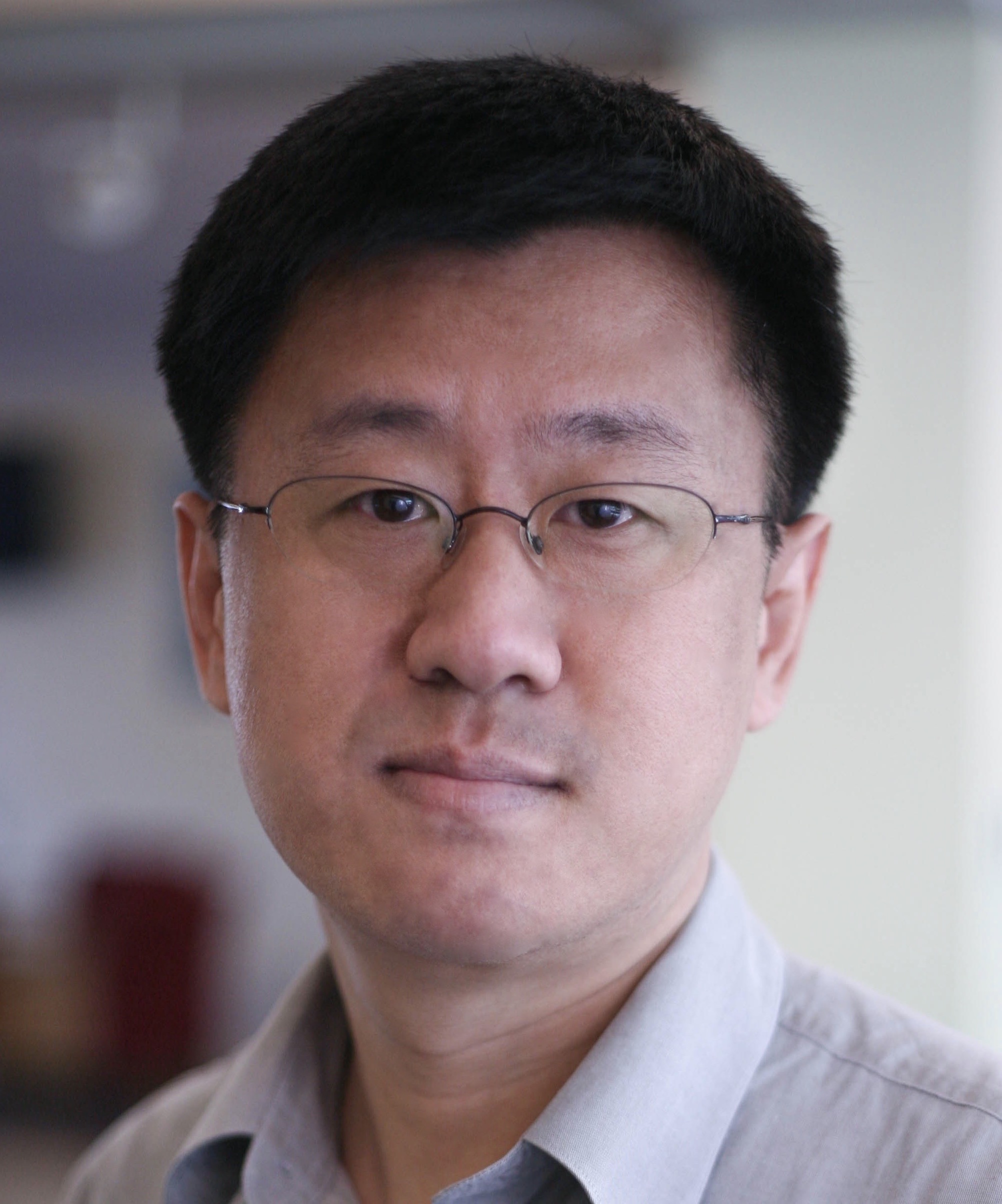The Incredible Machine: Developer Productivity and the Impact of AI on Productivity
Thomas Zimmerman
Wednesday, July 17th 9:30am at Plenary Hall

Abstract: Developer productivity is about more than an individual’s activity levels or the efficiency of the engineering systems, and it cannot be measured by a single metric or dimension. In this talk, I will discuss a decade of my productivity research. I will show how to use the SPACE framework to measure developer productivity across multiple dimensions to better understand productivity in practice. I will also discuss common myths around developer productivity and propose a collection of sample metrics to navigate around those pitfalls. Measuring developer productivity at Microsoft has allowed us to build new insights about the challenges remote work has introduced for software engineers, and how to overcome many of those challenges moving forward into a new future of work. Finally, I will talk about how I expect that the AI revolution will change developers and their productivity.
Bio: Thomas Zimmermann is a Sr. Principal Researcher at Microsoft, where he works on cutting-edge research and innovation in data science, machine learning, software engineering, and digital games. He has over 15 years of experience in the field, with more than 100 publications that have been cited over 25,000 times. His research mission is to empower software developers and organizations to build better software and services with AI. He is best known for his pioneering work on systematic mining of software repositories and his empirical studies of software development in industry. He has contributed to several Microsoft products and tools, such as Visual Studio, GitHub, and Xbox. He is an ACM Fellow, an IEEE Fellow, recipient of the IEEE TCSE Edward J. McCluskey Technical Achievement award, and Co-Editor in Chief of the Empirical Software Engineering journal. He is the Chair of the ACM Special Interest Group on Software Engineering and a frequent committee member for top software engineering conferences. https://thomas-zimmermann.com/
Software Science at the Core of Computer Science
Zhendong Su
Thursday, July 18th 9:30am at Plenary Hall

Abstract: The key mission of computer science is to help people construct reliable, performant, and usable software. Software science has been at the core of this mission. The general area has made substantial conceptual, technological, and practical advances for engineering high-quality software—we have better processes, languages, compilers, and development tools. On the other hand, the fundamental processes and toolchains are not significantly different from those in the early days of the field. In this talk, I will share some reflections on how we may advance the science and practice of engineering software. The talk highlights several areas and directions that I believe are critical and offer promising opportunities for significantly moving our field forward and keeping it at the core.
Bio: Zhendong Su is a Professor in the Department of Computer Science at ETH Zurich. He had previously been a full professor in Computer Science and a Chancellor’s Fellow at UC Davis. He is passionate about fundamental and practical innovations for building software. His research spans programming languages and compilers, software engineering, computer security, deep learning, and education technologies. He served on the steering committees of ISSTA and ESEC/FSE, served as an Associate Editor for ACM TOSEM, co-chaired SAS 2009, program chaired ISSTA 2012, and program co-chaired SIGSOFT FSE 2016. He is a Member of the Academia Europaea, and a Fellow of the ACM and of the IEEE. More information is available at https://people.inf.ethz.ch/suz.
It’s Organic: Software Testing of Emerging Domains
Myra Cohen
Friday, July 19th 9:30am at Plenary Hall

Abstract: Software is inherently complex and as a result over the years we have spent significant resources designing techniques for automated testing, debugging and repair to help ensure its correctness. Some of these techniques leverage algorithms that mimic biology, a natural domain with built in complexity, from which our community has made many parallels. These testing techniques are often predicated on the fact that we have the ground truth and a single set of specifications, and that the system behaves deterministically. However, the software development process and types of software we are building today is rapidly changing and these assumptions may no longer hold. In fact, our software is becoming more organic, resembling the biology we sometimes exploit to test it. In this talk I discuss some forays into software testing in emerging and scientific domains where the boundaries of our assumptions are becoming fuzzy and discuss a future of software testing within this context.
Bio: Myra Cohen is a Professor and the Lanh and Oanh Nguyen Endowed Chair of Software Engineering in the Department of Computer Science at Iowa State University. She previously spent 14 years at the University of Nebraska-Lincoln where she was a member of the ESQuaReD Laboratory. Her research has focused on configuration-aware software testing, search-based software engineering, testing of cyberphysical systems, and the application of software engineering techniques in systems and synthetic biology. She received her PhD from the University of Auckland, New Zealand and received both an NSF CAREER Award and an Air Force Office of Scientific Research Young Investigator Award as a junior faculty member. She is an ACM Distinguished Scientist, a Senior Member of IEEE, a Fellow of Automated Software Engineering, and a Better Scientific Software (BSSw) Fellow. She has received four ACM distinguished paper awards for her research. She was the 2020 program co-chair for ESEC/FSE and ICST 2019, the general chair of ASE 2015, and is currently a program co-chair for ISSTA 2025.https://faculty.sites.iastate.edu/mcohen/
Wed 17 JulDisplayed time zone: Brasilia, Distrito Federal, Brazil change
09:00 - 09:30 | Welcome SessionPlenary Events at Plenary Hall Chair(s): Marcelo d'Amorim North Carolina State University | ||
09:00 30mDay opening | Welcome to FSE 2024 Plenary Events Marcelo d'Amorim North Carolina State University, Leopoldo Teixeira Federal University of Pernambuco, David Lo Singapore Management University, Lin Tan Purdue University | ||
09:30 - 10:30 | Keynote Thomas ZimmermannPlenary Events at Plenary Hall Chair(s): David Lo Singapore Management University | ||
09:30 60mKeynote | The Incredible Machine: Developer Productivity and the Impact of AI on Productivity Plenary Events Thomas Zimmermann Microsoft Research | ||
10:30 - 11:00 | |||
10:30 30mCoffee break | Break Social Events | ||
Thu 18 JulDisplayed time zone: Brasilia, Distrito Federal, Brazil change
09:00 - 09:30 | |||
09:00 30mKeynote | Are mutants a valid substitute for real faults in software testing? Plenary Events René Just University of Washington, Darioush Jalali University of Washington, USA, Laura Inozemtseva , Michael D. Ernst University of Washington, Reid Holmes University of British Columbia, Gordon Fraser University of Passau Link to publication DOI | ||
09:30 - 10:30 | |||
09:30 60mKeynote | Software Science at the Core of Computer Science Plenary Events Zhendong Su ETH Zurich | ||
10:30 - 11:00 | |||
10:30 30mCoffee break | Break Social Events | ||
Fri 19 JulDisplayed time zone: Brasilia, Distrito Federal, Brazil change
09:00 - 09:30 | |||
09:00 30mKeynote | An empirical analysis of flaky tests Plenary Events Qingzhou Luo University of Illinois at Urbana-Champaign, Farah Hariri University of Illinois at Urbana-Champaign, Lamyaa Eloussi , Darko Marinov University of Illinois at Urbana-Champaign Link to publication DOI | ||
09:30 - 10:30 | Keynote Myra CohenPlenary Events at Plenary Hall Chair(s): Marcelo d'Amorim North Carolina State University | ||
09:30 60mKeynote | It’s Organic: Software Testing of Emerging Domains Plenary Events Myra Cohen Iowa State University | ||
10:30 - 11:00 | |||
10:30 30mCoffee break | Break Social Events | ||
12:30 - 14:00 | |||
12:30 90mLunch | Lunch Social Events | ||
12:30 - 14:00 | Diversity LunchDiversity and Inclusion at Hotel Restaurant Chair(s): Tayana Conte Universidade Federal do Amazonas, Rashina Hoda Monash University | ||
12:30 90mLunch | Diversity Lunch Diversity and Inclusion | ||
15:30 - 16:00 | |||
15:30 30mCoffee break | Break Social Events | ||
16:00 - 17:00 | |||
16:00 60mDay closing | Conference Closing, SRC awards, and FSE'25 Kick-off Plenary Events David Lo Singapore Management University, Lin Tan Purdue University, Tianyi Zhang Purdue University, Yang Liu Nanyang Technological University, Marcelo d'Amorim North Carolina State University, Leopoldo Teixeira Federal University of Pernambuco, Jingyue Li Norwegian University of Science and Technology (NTNU), Leonardo Montecchi Norwegian University of Science and Technology (NTNU) | ||
Unscheduled Events
| Not scheduled Awards | Distinguished Paper Awards Plenary Events | ||
| Not scheduled Awards | Distinguished Reviewer Awards Plenary Events |